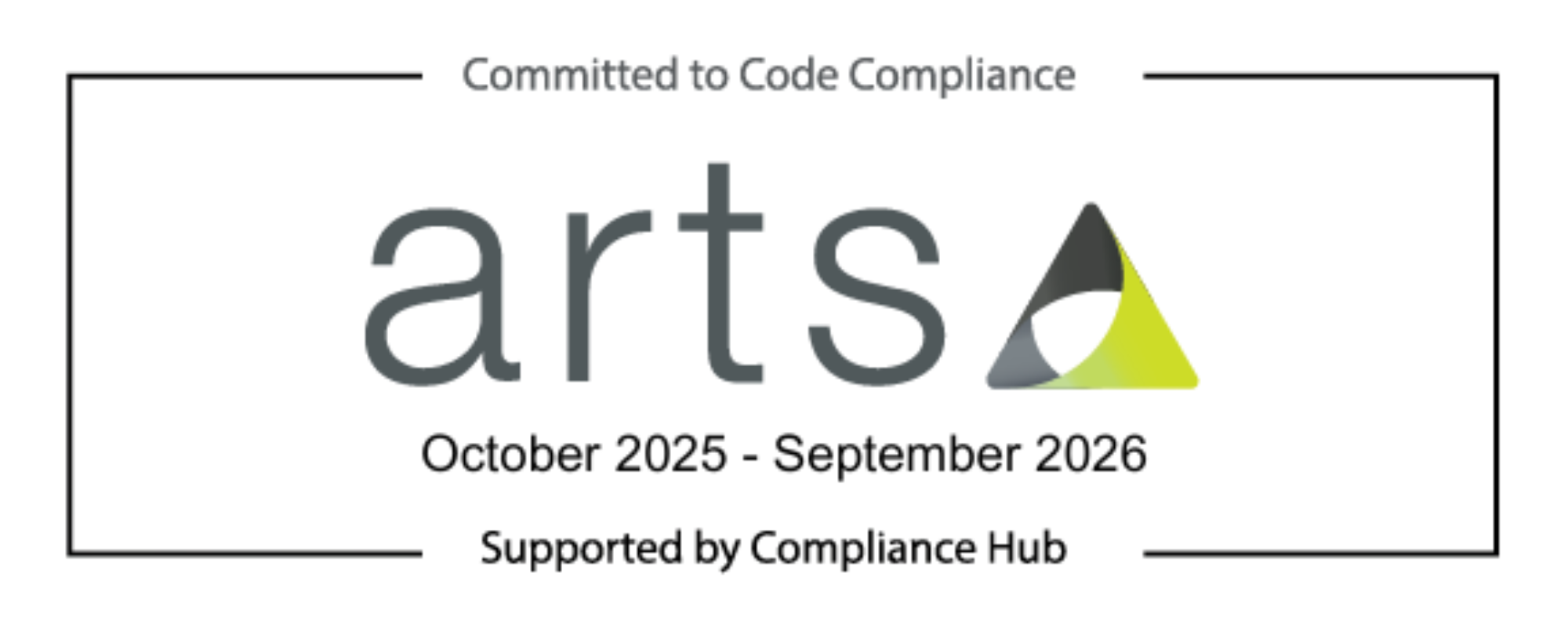Medicines shortages: solutions for empty shelves
Medicines shortages: solutions for empty shelves
The Royal Pharmaceutical Society's (RPS) report, “Medicines shortages: Solutions for Empty Shelves”, addresses the growing issue and associated complications of medicine shortages in the UK. It explores how global supply chain disruptions, manufacturing challenges, spikes in demand and economic pressures compound access to certain medicines and how this affects patients and the healthcare system.
The report offers key recommendations and demonstrates the need for a UK-wide strategy to mitigate the impacts of shortages and improve system wide collaboration between regulators, manufacturers, and healthcare teams.
While medicine shortages are complex and intersectional in causation, they are often broadly categorised into supply or demand-based issues. According to the report, some of the issues affecting availability of medicines include:
Reasons for medicine shortages (supply-based)
- Manufacturing and product quality challenges
- Supply chain issues
- Regulatory changes/challenges
- Globalisation, business and commercial issues
- UK position in a global market
- UK medicines reimbursement
Reasons for medicine shortages (demand-based)
- Increased prescribing demand
- Increased patient-led demand
- Increased manufacturing demand
- Environmental demand
- Demand-led stockpiling
The report explores the impact on patients and healthcare professionals across primary and secondary care. For example, in secondary care, increasing numbers of staff are becoming involved in managing shortages, as well as increasing varieties of medicines being implicated in shortages, even including critical and emergency care medicines. In areas of specialist care, patients are often being referred back to specialist prescribers from primary care to manage medication changes.
When faced with challenges around supply, pharmacists in secondary care are often forced to make ethical and moral decisions about which patients should be provided with the limited medicines available, creating significant psychological distress for the clinicians involved.
As a result, the report draws up some key recommendations for a more proactive approach to managing medicine shortages, focusing on developing policy that is built around prediction, reporting and response, information flows, harnessing local systems and improving education, training and research.
By publishing a UK wide strategy for shortages, there can be better support for UK manufacturing infrastructure for medicines. The overall strategy aims to build supply chain resilience by improving system relationships and communication with manufacturers. This can be achieved through earlier reporting of shortages by Marketing Authorisation holders and enabling greater data sharing to support planning and predict demand. By establishing the legal and ethical responsibilities of the supply chain at all stages, accountability for shortage management becomes system wide.
As the report suggests, there is a clear need to develop patient-centred pathways in both primary and secondary care to manage shortages in local systems and make better use of pharmacists’ skills and their prescribing powers. This can be bolstered by educating healthcare professionals, patients and the public on shortages to reinforce the economic cost of shortages.
The report clearly demonstrates that “more needs to be done to further strengthen and develop the UK’s systems to mitigate and manage shortages” and respond to increasingly frequent supply disruptions. The RPS intends to review the implementation of its suggested steps across the next year to measure progress in managing medicine shortages in the UK.
Read the full RPS Medicines Shortages Report here: https://www.rpharms.com/Portals/0/RPS%20document%20library/Open%20access/Medicines%20Shortages/Medicines%20Shortages%20-%20Digital%20-%20201124.pdf


 London
London


